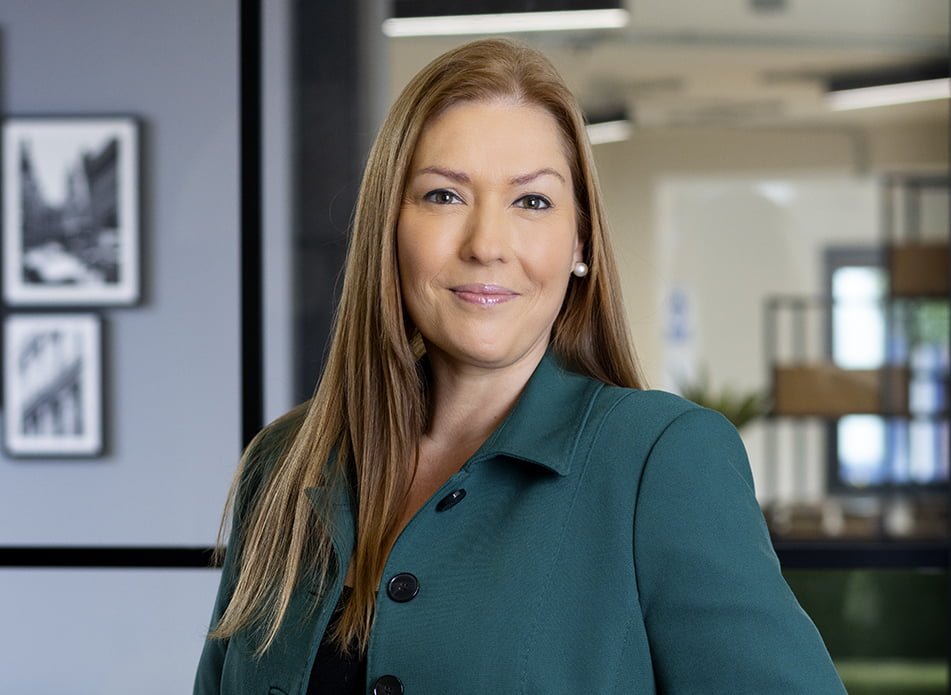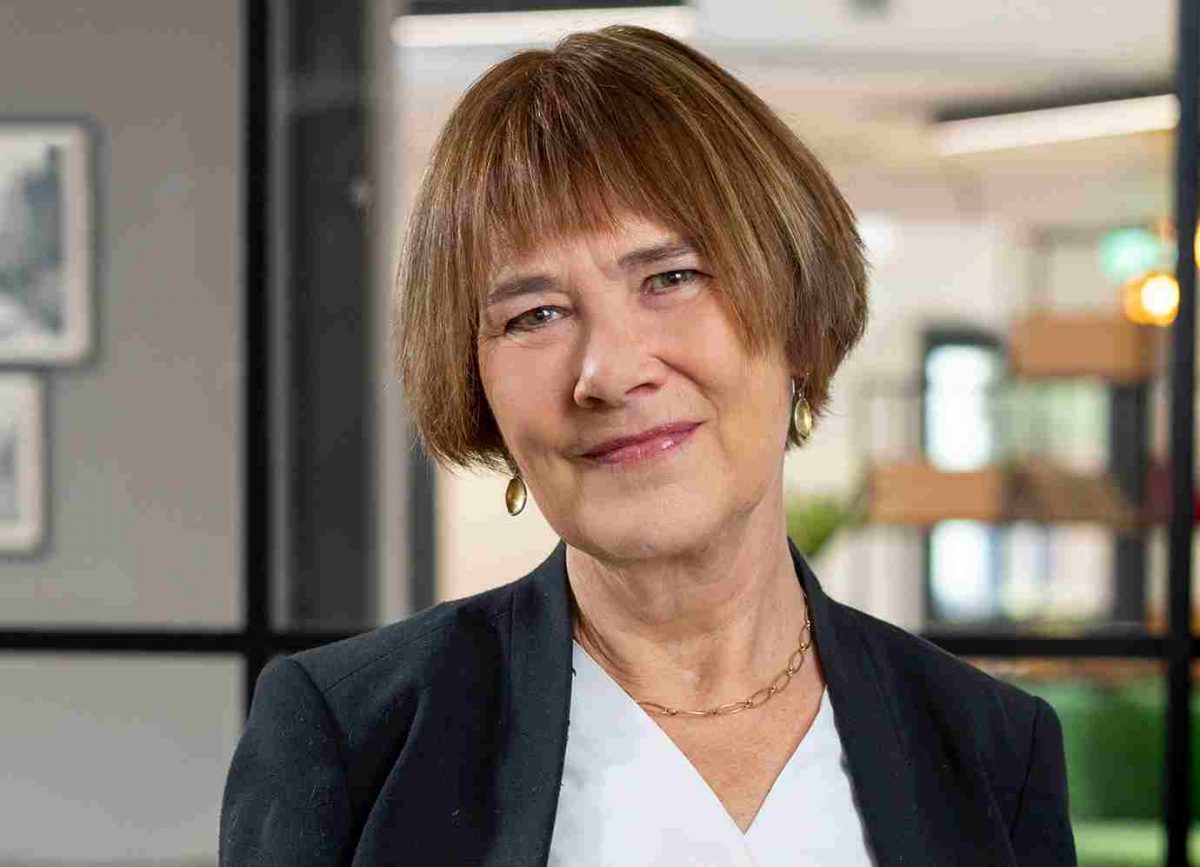
Financial rights of unmarried couples living together
The breakdown of a relationship can be an incredibly stressful and emotional time, regardless of whether you are married or not. However, being unmarried creates increased complexities in family law which require specialist advice.
How can we help?
Unmarried couples and individual rights
Your marital status will have a significant impact on your rights, financial claims and obligations on separation. Contrary to popular belief, the concept of ‘common law marriage’ does not exist in the UK and thus separating couples who are unmarried or in a civil partnership will have exceedingly limited rights, which can often result in the financially weaker party being left with little to no financial provision. The Women’s and Equalities Committee released a report in August 2022 with recommendations to reform the law around cohabitation.
Unmarried couples and property rights
If you are unmarried, in most cases, your financial claims on separation are limited to claims made under Trusts of Land (TOLATA) and Appointment of Trustees Act 1996. The starting point will be the legal ownership of any property. You may feel there are reasons why you or your former partner should have a greater or lesser share than is provided for at the Land Registry, or, if you are not on the title of the property you may have reasons to think you have acquired an interest. Alternatively, you may simply want to sell the property you own jointly with your ex-partner, but they disagree. Our expert London family and divorce lawyers are able to advise on all these issues and explain in simple terms the nature of any trust (both constructive and resulting) that can give rise to a beneficial interest. In all cases we can assist in negotiating a transfer or a sale and a consequent division of the proceeds. Where it becomes necessary, we can also advise you in relation to court proceedings to the same end.
Unmarried couples and children claims
If you have children, the parent who has the children most often (usually referred to as the Primary Carer) will be able to make a claim for child maintenance. Save in exceptional circumstances, the Child Maintenance Service (formerly the Child Support Agency) deals with claims for child maintenance. If the paying parent lives in another country, or is a very high earner, the court can make an order for child maintenance.
In addition to child maintenance, there may be claims for a lump sum for essential purchases or for providing a home. These can be made under Schedule 1 Children Act 1989 and must be for the benefit of the child(ren). These are very complex cases, which require a detailed analysis of finances and an excellent understanding of the relevant law. Our exceptional family lawyers are able to advise on the strength of any claim for financial provision for children and support you throughout the process of agreeing a settlement or, if necessary, litigating your matter in court.
FAQs
Unmarried separating couples – FAQs
Contrary to popular belief, under the law there is no such thing as a common-law spouse/partner. Despite growing numbers of couples choosing to cohabit rather than marry, the law as it stands does not offer unmarried partners the same rights as married couples when it comes to dealing with finances on separation.
If you move into your partner’s solely owned property you will not have an automatic right to a share of the property, even if you have lived there for a long time. This means that if you separate, you will not have a right to stay in the property or be entitled to a share of the equity unless you can demonstrate that you have an interest in the property.
The starting point in establishing legal ownership is to look at the legal title on the Land Registry register to see if you are named as a proprietor. If you are, then one would need to establish if any express declaration was made about the respective shares including by obtaining a copy of the transfer document which will often contain such declaration.
If the property is owned in only one partner’s sole name, then the other party has no legal interest but may have a beneficial interest. We would explore if such interest was set out in an express Deed of Trust (more on this below) which would confirm the interest of the non-legal owner. If not, then the non-legal owner may still be able to make a claim under the Trusts of Land and Appointment of Trustees Act 1996 (TOLATA). To make a claim you would need to be able to demonstrate that the property was held on trust for both parties. There are different forms of trust and we would have to take details of all the relevant facts, the intentions and the contributions to the purchase, amongst other things.
TOLATA claims are costly, complex and highly fact specific. In many cases the result can turn on whether a judge believes the evidence of a party and so in such cases the outcome can be very hard to predict. There are also serious costs implications for the losing party (i.e. they can be ordered to pay the legal costs of the winning party as well as being liable for their own), so careful thought and expert advice must be at an early stage. Our expert family solicitors have a wealth of experience in TOLATA claims and can guide you through the process.
You should consider entering into an express Deed of Trust if it is intended that the property is to be held on trust for both of you – such an agreement should state what shares you are each to have and can also set out how mortgage and bills are to be paid. You could also consider entering into a Cohabitation Agreement which could set out agreements on the broader issues of your cohabitation such as how to deal with child arrangements and maintenance on separation. Whilst it may be difficult to enforce the terms of a Cohabitation Agreement it may be helpful in the future to evidence the intention.
You should also consider whether you both have valid wills so that if either of you were to die the other one would be provided for. You can read more about inheritance issues for cohabiting partners.
It is possible for one person to be the sole legal owner of a property (the person named on the Land Register) but for the other person to have a beneficial (underlying interest) interest despite not being on the Land Register. This could occur in numerous circumstances but principally when there is a common intention that the non-legal owner is to acquire an interest. It is advisable to set out the interests in a deed to avoid any later dispute.
Also, if you have made uneven contributions to the purchase of a property and want this to be reflected in the division of sale proceeds on a future sale, it is helpful for this to be recorded in a Deed of Trust.
An express Deed of Trust is generally conclusive in establishing an interest should there be a dispute about the proportions in which the parties hold the property on separation and should avoid the need for expensive litigation later down the line.
You have no claims to a general re-distribution of assets to provide a fair outcome. You have no claims for maintenance or a share of your ex-partner’s pension. You may potentially have claims to a share in property if you can establish a beneficial interest as per the answer to question 2 above. If you have children together the scope of claims widens, and it is possible to make claims for financial provision but only for children under Schedule 1 of the Children Act 1989. These claims can be for maintenance (including to cover school fees), lump sums and for housing provision. However, the court has no power to award chid maintenance if your case comes within the remit of the Child Maintenance Service (see answer to question 6 below). The court can still however award you a top up on the Child Maintenance Service assessment if your ex-partner’s gross earnings are above the cap of £3,000 p.w.
If the children spend most time in your care, the other parent (sometimes known as the ‘non-resident parent’ or the ‘paying parent’) will have a child maintenance liability. You can apply to the Child Maintenance Service for an assessment to be raised. The Child Maintenance Service is a government agency and was formerly known as the Child Support Agency. They will apply a rigid formula to assess the amount which will vary depending on a number of factors including:
- The number of children
- The paying parent’s gross income
- How many nights the child(ren) spend with the paying parent
- Whether the paying parent has any other children living with them
For more information on this, visit the Child Maintenance Service website.
The Child Maintenance Service does not have authority to assess maintenance in every case such as where a paying parent lives abroad. However, in such cases an application can be made to the court. The court also retains authority to make orders for educational costs and for an order to top up maintenance where the paying parent’s gross income is over the maximum figure that the Child Maintenance Service can consider.




























